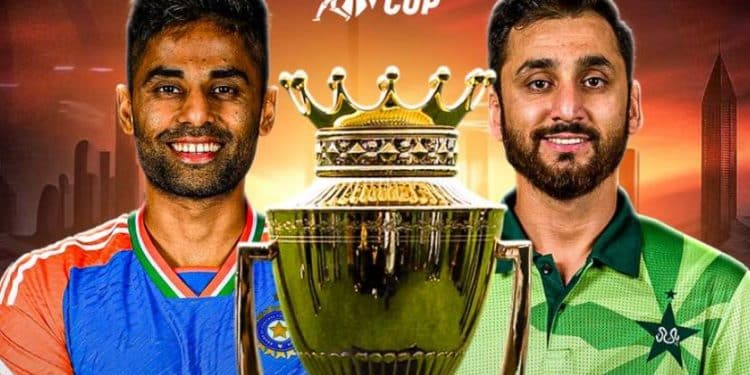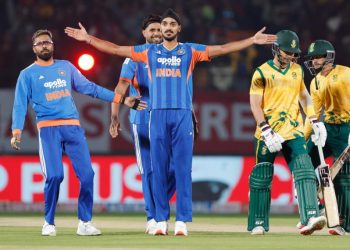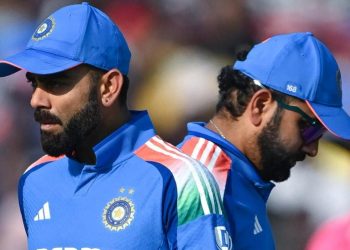It is no secret that the India vs Pakistan match has always been more than cricket. It is a rivalry built on decades of history, pride, and passion. Meanwhile, the upcoming India vs Pakistan match of the Asia Cup 2025 is not only about runs and wickets.
In fact, it has become the centre of a heated debate in the country. The reason is not cricketing competition. It is about the scars of terrorism and the question of whether sport can stand apart from politics.
India vs Pakistan Match Overshadowed by Tragedy
The controversy started after the April 22 terror attack in Pahalgam, Jammu, and Kashmir. 26 Indian tourists lost their lives, and many others were injured. The incident left the entire nation in shock. Now, the families of the victims feel hurt by the idea of both teams playing against each other, especially after such a tragedy.
For them, the India vs Pakistan game is not just another fixture. It is about respect for martyrs and the dignity of the nation. The anger grew after Operation Sindoor, when India struck back at terror infrastructure across the border. In this climate, many see playing Pakistan as going against the spirit of zero tolerance toward terrorism.
ALSO READ: Asia Cup 2025 Prize Money Revealed: How Much Will India Earn if They Defend Their Crown?
India vs Pakistan: Boycott Calls Gather Strength
Public anger has quickly turned into calls for a boycott. Army veterans, political leaders, and grieving families have all demanded that India should not play. On social media, hashtags like #BoycottIndvsPak have gained momentum. Many argue that cricket should not come at the cost of national pride.
The backlash has also had real effects. Ticket sales for the game remain far below expectations. As you can see, there are many seats that went unsold. Even some sponsors have even pulled out of campaigns linked to the match. These signs show that this fixture has moved beyond cricket, which has entered the space of national emotion.
India vs Pakistan: Policy and Institutions Hold Firm
Institutions have held their ground despite the public outcry. The Supreme Court refused to rush hearings on petitions seeking to cancel the match and stated that the issue was not an urgent constitutional matter.
The Board of Control for Cricket in India (BCCI) has made its position clear: it follows government policy. While bilateral cricket with Pakistan remains suspended, India is allowed to face Pakistan in multinational events.
The Government of India has not stopped the team from playing. This silence signals approval. The players, meanwhile, have chosen not to engage with the debate. Batting coach Sitanshu Kotak said the squad is focusing only on cricket.
This united stance between the BCCI and government reflects a practical line: fulfill international obligations but keep bilateral ties frozen.
Meanwhile, critics argue that playing Pakistan dishonours the memory of those killed in terror attacks. They add that the match risks sending the wrong signal, that India is normalizing ties despite violence.
On the other hand, others are of the strong opinion that sports must stay above politics. Sports should be seen as a stage for competition and not conflict. If the match is cancelled, then it could hurt India’s global sporting reputation and trigger financial losses.
Can sport ever be free of Politics?
This clash shows the larger dilemma: can sport ever be separate from politics when India and Pakistan face off? In theory, cricket is about bat and ball, skill and competition. In practice, every contest between these two nations becomes a matter of national symbolism.
For grieving families, cricket at this moment cannot feel like just a game. For policymakers, keeping promises to international bodies matters too. Between these two realities lies the uncomfortable truth: when India and Pakistan meet on the cricket field, the game is never only about cricket.

















